Products
Explore our range of robust, reliable power solutions designed for industrial applications. Whether you need portable power for remote job sites or backup power for critical operations, our products deliver consistent performance in any environment.
Our Mobile Hybrid MicroGrid solutions combine portability with high energy capacity, making them ideal for large-scale, remote, and off-grid applications. These systems provide continuous power with minimal environmental impact.
Featured!
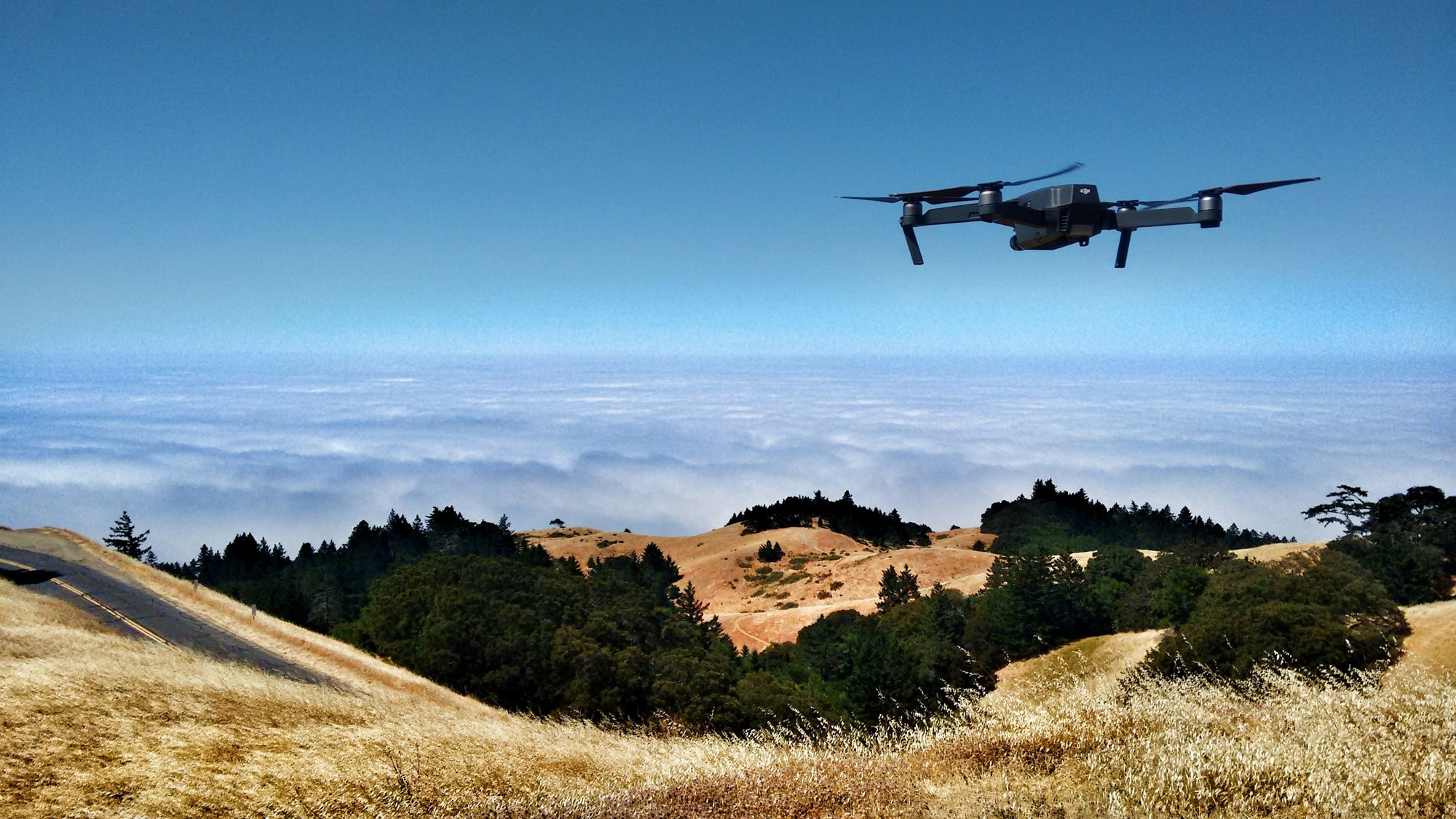
Top Power Solutions for Drones
Our Batt Packs are designed to extend drone flight times, powering both tactical and commercial missions with minimal downtime. Explore solutions for high-Wh military, law enforcement, and agricultural drones.
Resources
Access comprehensive resources including user manuals, product brochures, and technical specifications for each product.
Stay updated with the latest insights, tips, and industry news related to our products and services.
Join us at upcoming events and trade shows to see our products in action and meet our team.
HPS powers tough equipment in tough environments—hear it from our clients.
Featured!

Top Power Solutions for Drones
Our Batt Packs are designed to extend drone flight times, powering both tactical and commercial missions with minimal downtime. Explore solutions for high-Wh military, law enforcement, and agricultural drones.
What's the difference between energy and power?
March 31, 2020 1 min read
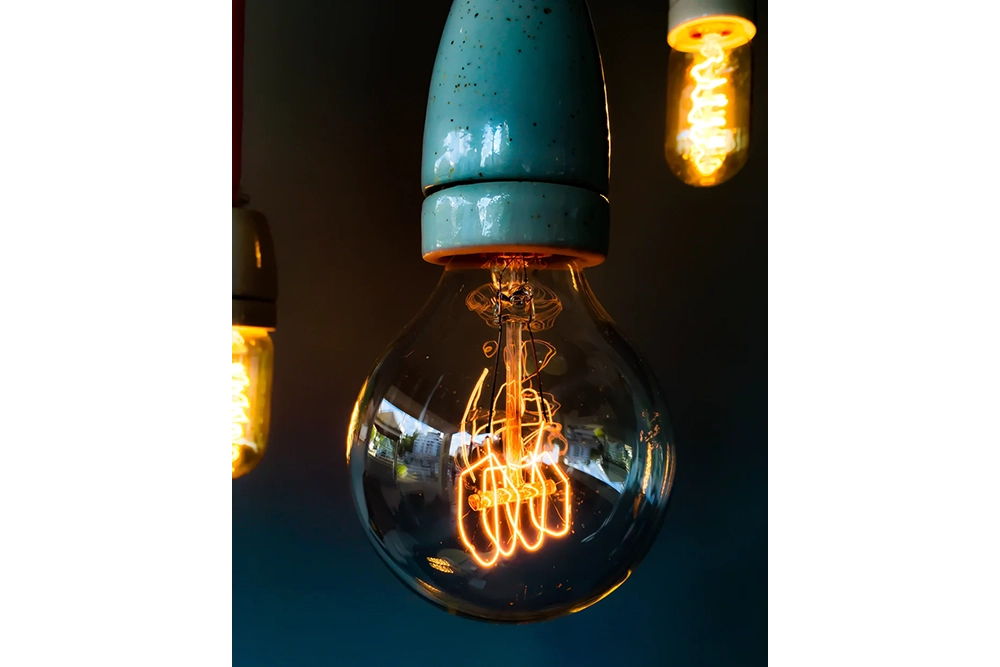
The electric potential difference, a difference in charge, between two points is what we call voltage. Using the analogy of a water tower, voltage can be thought of as the difference in pressure between the level of water in the tower and the end of a hose attached to the tower. The higher the water level the larger the difference in pressure.
If we open the end of the hose we permit the pressure to push a flow of water. This is a conversion of potential energy into kinetic energy. The electrical equivalent of this concept would be if we were to complete a circuit permitting the potential difference or voltage to be converted into electrical energy. This energy pushes a flow of charge called current. Energy is measured in joules.
Power is the rate at which energy is used. The number of joules used per second is known as the watt, the standard unit of measure for power. As an example of how energy and power relate to one another consider the Batt Pack Energy. The Batt Pack Energy has what can be considered a reservoir of energy of 2.5kWh (kilowatt hours). If you have an application that runs at 1.25kW you simply divide the kilowatt hours by the kilowatts to determine that you can run your application for 2 hours continuously.
To use another analogy, your energy in kilowatt hours can be considered your fuel tank and your power in watts is the rate at which you burn fuel.

 Batt Pack Energy | 3kW
Batt Pack Energy | 3kW Batt Pack Pro | 5kW
Batt Pack Pro | 5kW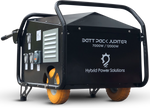 Batt Pack Jupiter | 7kW
Batt Pack Jupiter | 7kW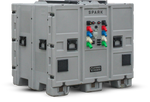 Spark Cube | 12kW/24kW
Spark Cube | 12kW/24kW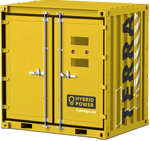 TERRA | 166kVA
TERRA | 166kVA